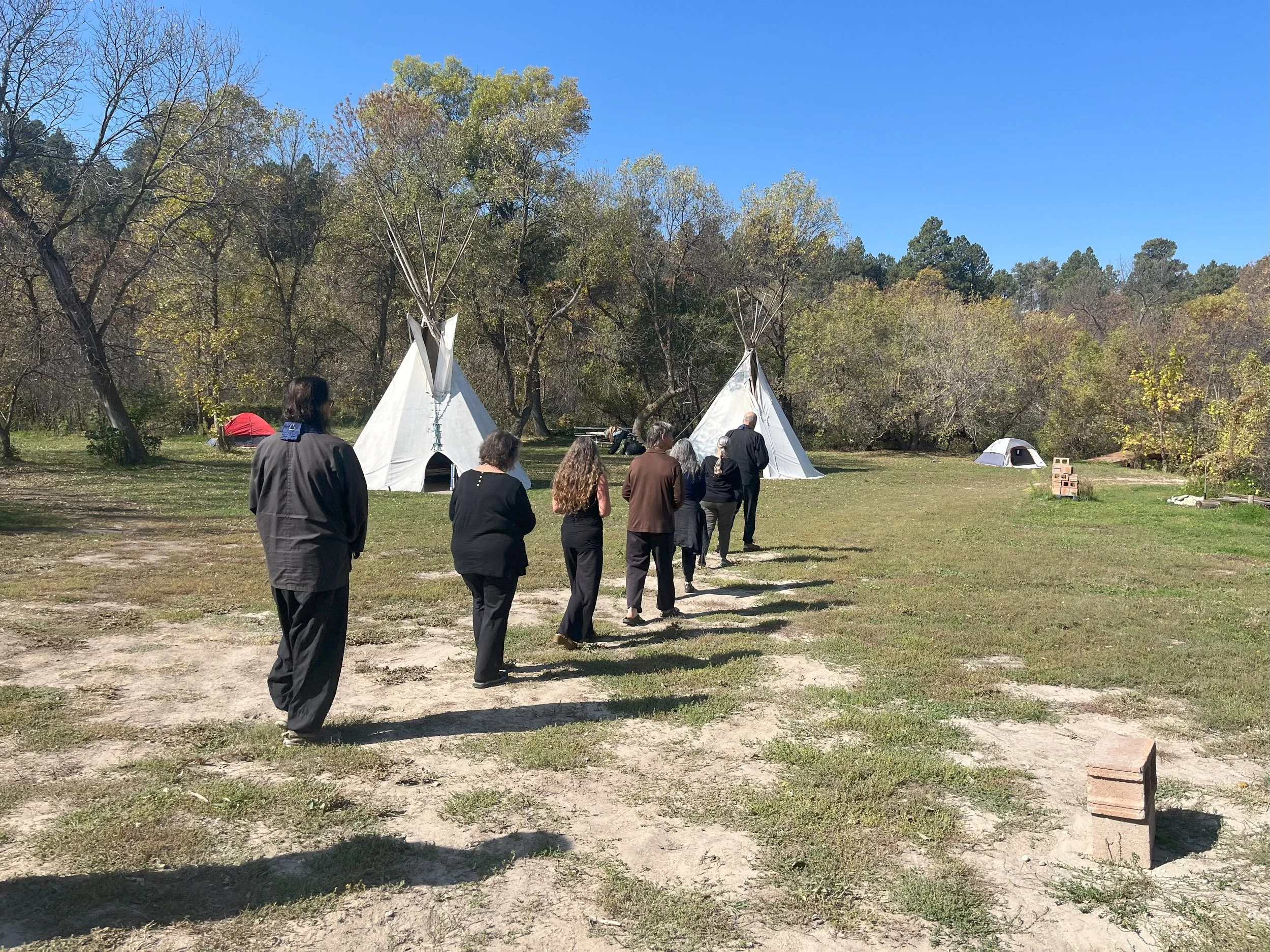Diversity in our Dharma
““Racial diversity and inclusion work replaces a modernist narrative of universalism with a postmodern one of cultural particularity. Proponents argue that the universal truth of the dharma needs to be rendered universally accessible through attention to cultural difference. . . this is not so much a question of bringing more cultural sensitivity to a universal ‘culture-free’ teaching, but rather of recognizing that Buddhist teachings have always been presented through a cultural lens.””
For those of us who had the opportunity to sit with Jun Po Roshi and respond to his open-hearted transmission, its easy to recall his desire to have the dharma be available for everyone. As soon as one completed the koan work of Mondo Facilitation, we were instructed to find another person to share it with. “This Hollow Bones Dharma is drawn from the practical teachings of the Buddha and our Zen lineage, updated for our times. In order to fully embody and express awakening in your daily life, it is important for you to be able to communicate and facilitate this Mondo Zen process with others, for both your benefit and theirs.” (Mondo Manual: 20th Anniversary Edition, 2021, p. 26 - 27). As the 82nd patriarch of the Rinzai Zen tradition, and former vice-abbot and head monk at Dai Bosatsu Monastery in New York, Jun Po Roshi always honored the lineage, and his teacher, Eido Shimano Roshi. He also would tell a story of his confrontation with Eido Roshi about a hidden bias. Jun Po felt that the teachings as transmitted by Eido Roshi seemed to require one to become Japanese in order to become fully awakened.
Leaving Dai Bosatus Jun Po Roshi started the Hollow Bones Order, as a lay order with a commitment to a living everyday modern approach to Buddhism while continuing to recognize the benefits of traditional monastery rituals. Mondo Zen embraced a more post-modern approach with emotional koans that have few if any roots in traditional Zen. Emotional koans take more from contemporary voice dialogue, shadow work and emotional intelligence practices commonly found in humanistic psychology.
With this backdrop of a post-modern ethic, it was no surprise that many of the Roshis and most of the clergy in the Hollow Bones Order signed and published a statement condemning the murder of George Floyd, calling for a just society. This followed with hosting bearing witness events on zoom for the sangha for several months. We crafted a diversity statement for the community.
There were however, voices within the leadership that felt that social action was not the way of Zen. One could look back and see that rather then honoring the tradition, these voices reflect a tacit commitment to Buddhist Modernism. Specifically, the notions that the teachings of Zen brought to American by Soen Nakagawa and Eido Roshi were more ‘pure’ and that distinctions between layperson and monk were blurry. With a heavy emphasis on meditation as the way to personal awakening, it’s not surprise that the community was almost entirely privileged white individuals, predominantly male.
I left my role as Executive Director with a deep commitment to develop a sangha that was inclusive and diverse with a commitment to service and activism. In March of this part year, with the support of the Frederick P; Lenz Foundation for American Buddhism, we hosted a four-day retreat Mondo Zen Intensive with twelve weeks of stewardship training for a largely BIPOC audience. With no financial barrier to participate as well as an openness to differing views, the sangha continues to explore how to better serve out cosmopolitan constituency.
From there, we continue to deepen our understanding of diversity and inclusion through outreach, education and reconsidering how we offer the teachings of the dharma. For me, as the spiritual director, this is requires a shift in focus beyond the individual meditator to the collective elements of Buddhist practice. We still do meditate together, adding a continued attention to interpersonal dynamics.
We continue to honor the traditions of Jun Po Roshi, adding the teachings for a variety of contemporary sources which broadens the reach and availability of our efforts. I recently offered a six week program in compassion practice based on the work so Lama John Makransky a Mahamudra teacher. Sustainable Compassion Practice is a relational approach to meditation that accepts Internal Family Systems as a perspective on the ego self. Inclusion begins with including all parts of the self. We completed our second retreat on the Pine Ridge Reservation. Jun Po Roshi had the wisdom to ordain Koto Wahi Dallas Chief Eagle, a Lokota Elder, who hosts us at his center All Nation’s Gathering Center. Consciously not exporting our form of Zen onto the reservation, Koto Washi is finding his own unique voice of Dharma blending our teachings with the traditional wisdom of his cultural lineage.
“Diverse folks making tender entry into spiritual practice necessarily have varied needs. To successfully transmit and recieve the Dhama into diverse cultures, we must support the differing processes of each person, so that all can share a feeling of safety and being acknowledged within the teachings. ”
As we complete our first year, I’m pleased to see our leadership actively grappling with the challenges we are facing in a world filled with greed, hate and delusion. Our commitment to inclusion and diversity continues to deepen as we articulate our mission, our ethical structures and the direction of the programs for 2024. We believe it will serve our community to blend dharma teachings across lineages. We recognize the value of the leadership taking an active role in listening and understanding the needs of a diverse community. We will continue to offer our programming in through diverse styles and media, providing greater access for a variety of participants.

